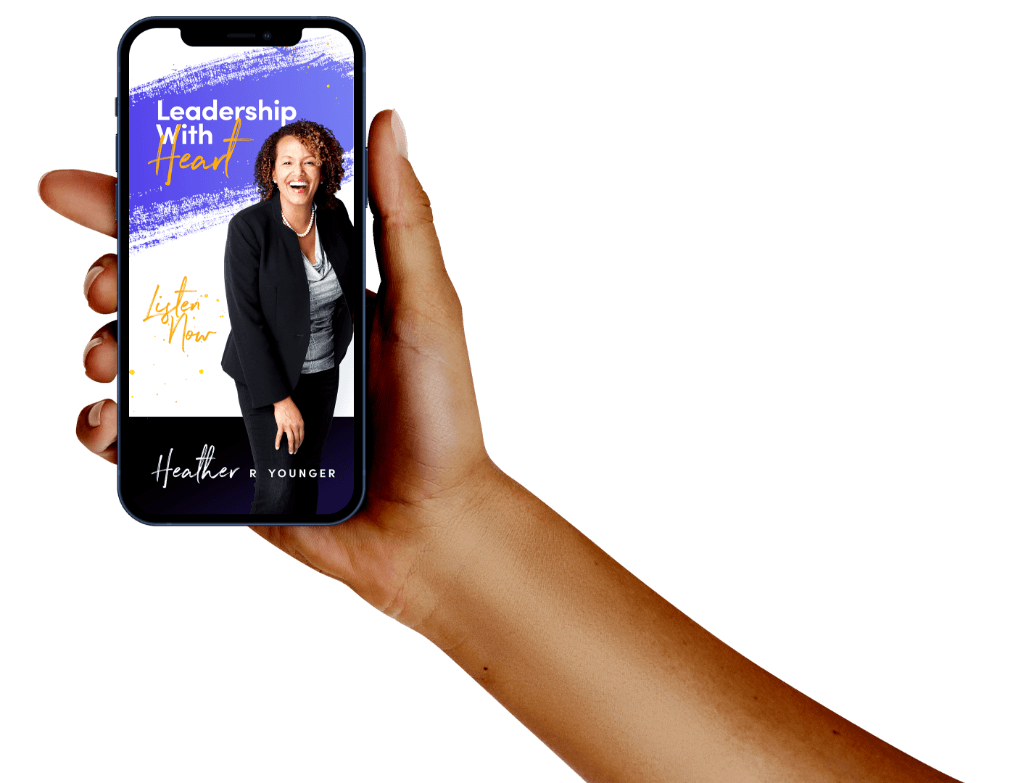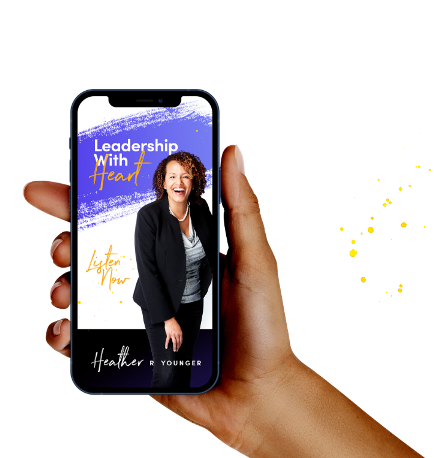Many years ago, I was in a meeting where I wanted to achieve a certain outcome, but the energy in the room was counter to that outcome. I could not seem to “win” with the group, and they decided to move in another direction. I left that meeting frustrated and completely self-absorbed in my thoughts about the dialogue.
After the meeting, upon entering the office, my team lead approached me with a request to talk. Although I wanted to have the conversation, I knew that I should decline for a later time. Nonetheless, I attempted to hear her out. Unfortunately, I really couldn’t listen well, because that previous meeting’s outcome had my mind spinning. Worse yet, my negative energy inadvertently affected her and the entire team.
In retrospect, a better course of action would have been to communicate with her, expressing the need for a break and a later discussion. I could have said, "Is it alright if I take a moment to process something that happened in my last meeting before we continue?"
Regrettably, I didn't take that route. Instead, I held onto negative emotions, failing to convey my need for a pause and a breather.
As you read this, I want to show you what you can do to avoid making the same mistake I made many years ago and how I would advise you to go about it now.
Letting Them Know When You Can Be Present
I talk alot about the value of decoding feedback or interactions once they happen. Oftentimes, especially as leaders of people, we think we need to respond to their every need in the exact moments that they request us. There is nothing further from the truth. We are more effective and teach them more valuable lessons, when we don’t respond in the moment, but, instead, request more time to decompress, reflect on and decipher the outcomes or expectations from our previous meetings or interactions.
When you communicate with them that you need to take a step back to clear your head, it shows them that you are considerate. It also shows how much you value being able to fully listen to what they have to say with a clear mind and in the right headspace. The biggest benefit to you is that you will communicate exactly what you want to say, not just what you’re feeling in the heat of the moment. Even if it takes a little longer than usual, this pause will ensure that you communicate more effectively.
But here’s the trick: It is very important that you are very specific with them on how long it will be until you go back to them and how long you may need to take a step back. It shows them how important this pending conversation is for you and how you are still making them a priority, just at a later time.
Doing this, you are also showing them that you are indeed human like them and that you will need a break here and there in order to fully be there with that client or coworker. As a leader, it’s good for employees and colleagues to get this “humanness” from you from time to time. Make sure to not overdo this, as it can come off like you don’t have control over your emotions, and that you care less about them and move about you.
We Want To Make Sure They Feel Heard
Remember, our goal is for the person in front of us to feel heard, seen, and understood. Another crucial thing to keep in mind is eye contact. What you do is you maintain eye contact with them, you put the phone down and other potential distractions so that you are not even remotely distracted and have your attention elsewhere. You face them, let them tell you what they need to tell you, do not interrupt them when they are speaking, and just be all ears for what they feel inclined to say to you.
Do not start speaking until they are done with what they need to say, you focus on their needs and do not make it all about you. You fully listen to them by paraphrasing whatthey have said in conversation and clarify what they mean in their context, so they know that you are truly listening and understanding what they are trying to communicate. Also, be sure to pay attention to nonverbal cues too. How do they feel about what they are telling you?
Show Them Respect By Setting Boundaries
What’s our goal? To make sure the person in front of us feels heard, and for them to know that we care. But sometimes, as I mentioned earlier, it’s not possible to be present at that moment. One way to ensure you will be present is to set boundaries when needed. For example, if you set the new meeting to be set in a couple of hours, and someone is requesting to speak with you, you can tell them that you have this amount of time to be in conversation with them. This not only helps you, but it also helps the other person because they have a clear expectation of how long they have with you. Then, it’s up to them if they think that would be the best time, or if a later time would be better.
An employee who just needs to run something by you would probably be more than happy to just get 15 minutes of your time before that meeting. On the other hand, an employee who has a serious matter to discuss with you would probably need more time.
As a leader, I advise you to follow my The Cycle of Active Listening model to learn how to “Recognize the Unsaid” when an employee comes to you. When you master how to do this, you can better gauge their needs without them explicitly telling you.
To answer my original question, no, it’s not ok to not listen. I believe we are all capable of listening, in one way or another, to the person in front of us. Whether that means scheduling to be present right in the moment, or communicating with them that right now is not a good time, the point is to acknowledge their needs and give them a response. What the response is, is up to you.
Try implementing these tips this week and watch how differently your interactions go.
For those who want to go deeper on this, I recommend taking a look at the workshops I offer.






